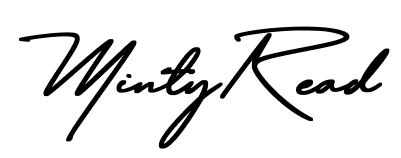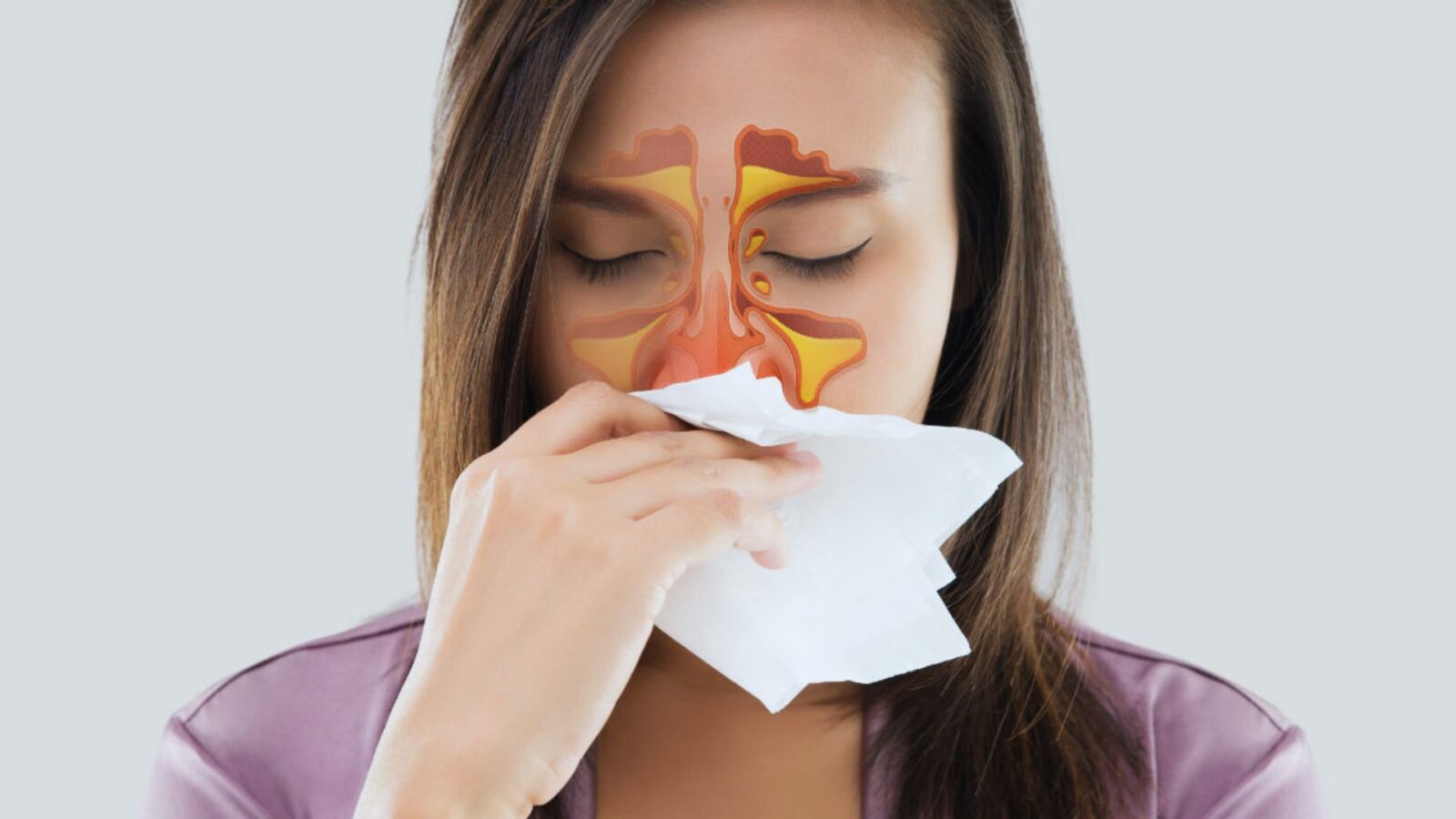Sinusitis, or sinus infection, occurs when the cavities around your nasal passages become inflamed. This leads to congestion, headaches, facial pain, and difficulty breathing. While over-the-counter medications can help, many people turn to natural home remedies for relief. Here’s a list of 10 home remedies that can ease sinus symptoms and promote recovery.
1. Steam Inhalation
One of the simplest and most effective remedies for sinus congestion is steam inhalation. The moist, warm air helps open up the sinus passages, making it easier to breathe and expel mucus.
How to do it:
- Boil water and pour it into a bowl.
- Drape a towel over your head to create a steam tent.
- Lean over the bowl (keeping a safe distance to avoid burns) and inhale deeply for 5–10 minutes.
For added benefit, you can include a few drops of eucalyptus or peppermint oil, both of which have decongestant properties.
2. Saline Nasal Spray or Rinse
A saline nasal rinse can help flush out mucus and allergens from the nasal passages, reducing inflammation and promoting sinus drainage. It’s a gentle and effective way to cleanse the sinuses and reduce congestion.
How to do it:
- Use a pre-made saline spray, or create your own solution by dissolving 1 teaspoon of salt in 2 cups of warm distilled water.
- Using a neti pot or squeeze bottle, tilt your head and pour the saline solution into one nostril. Let it drain out through the other nostril.
Be sure to use distilled or previously boiled water to avoid infections.
3. Warm Compress
Applying a warm compress to your face, particularly around your nose and forehead, can help relieve sinus pressure and pain. The warmth reduces inflammation, encourages sinus drainage, and soothes facial pain.
How to do it:
- Soak a clean washcloth in warm water and wring out the excess.
- Place the cloth over your nose, cheeks, and forehead for 10–15 minutes.
You can repeat this process a few times a day for continuous relief.

4. Stay Hydrated
Staying well-hydrated is essential when dealing with sinus issues. Drinking enough fluids helps thin mucus, allowing it to flow more freely and clearing up your nasal passages.
What to drink:
- Water, herbal teas (peppermint, chamomile), and clear broths are excellent choices.
- Avoid caffeine and alcohol, which can dehydrate the body.
Keeping your body hydrated also helps keep your immune system functioning properly, speeding up recovery.
5. Apple Cider Vinegar
Apple cider vinegar (ACV) is a popular home remedy for many conditions, including sinus congestion. The acetic acid in ACV helps thin mucus, promoting easier drainage. It also contains antibacterial properties that may help fight infections.
How to use it:
- Mix 1–2 tablespoons of raw, unfiltered ACV in a glass of warm water.
- Drink this mixture twice a day.
You can also inhale ACV steam by adding a small amount to boiling water, although some people find this too strong.
6. Spicy Foods
Spicy foods can help clear out your sinuses temporarily. Capsaicin, a compound found in hot peppers, helps thin mucus and encourage drainage.
What to eat:
- Spicy peppers, wasabi, horseradish, garlic, and ginger are all great choices.
- Add a pinch of cayenne pepper to soups, teas, or meals to help open up your nasal passages.
Be cautious not to overdo it, as excessive spicy foods can irritate the throat and stomach.
7. Turmeric and Ginger
Both turmeric and ginger have powerful anti-inflammatory properties that can help reduce sinus swelling and relieve pressure. Turmeric contains curcumin, which helps open up airways, while ginger acts as a natural pain reliever.
How to use it:
- Brew turmeric or ginger tea by boiling fresh slices in water for 10 minutes.
- Add honey and lemon for extra soothing effects.
These teas not only help with sinus relief but also boost your immune system, aiding in quicker recovery.
8. Essential Oils
Essential oils, particularly eucalyptus, peppermint, and tea tree oil, have been widely used for sinus relief. These oils have decongestant, anti-inflammatory, and antimicrobial properties that can help clear blocked sinuses and reduce inflammation.
How to use them:
- Add a few drops of eucalyptus or peppermint oil to boiling water and inhale the steam.
- Dilute the oils with a carrier oil (like coconut or olive oil) and massage around your nose, forehead, and temples.
Never apply essential oils directly to your skin without dilution, as they can cause irritation.

9. Garlic
Garlic has strong antibacterial, antiviral, and antifungal properties, making it an excellent natural remedy for sinus infections. It helps fight the underlying infection and reduces inflammation in the sinuses.
How to use it:
- Add raw garlic to your meals or chew on a clove of garlic if you can tolerate the strong flavor.
- For those who find the taste too intense, garlic supplements are also an option.
You can also add crushed garlic to a bowl of hot water and inhale the steam for sinus-clearing benefits.
10. Sleep with Your Head Elevated
Sleeping with your head elevated can help promote sinus drainage and reduce congestion during the night. Lying flat can worsen sinus symptoms by increasing the buildup of mucus in your nasal passages.
How to do it:
- Use extra pillows to prop your head up, or raise the head of your bed slightly.
- Ensure that your sleeping environment is cool and humid, as dry air can further irritate the sinuses.
Using a humidifier while sleeping can help keep the air moist, making it easier for your sinuses to stay clear.
Bonus Tips for Preventing Sinus Infections:
- Use a Humidifier: Dry air can aggravate sinus congestion. Keeping your home humidified, especially in winter, helps prevent your sinuses from drying out.
- Avoid Allergens: Allergies are a major trigger for sinusitis. Keep your home free from dust mites, pet dander, and other allergens by cleaning regularly.
- Maintain Proper Hygiene: Washing your hands frequently helps prevent the spread of viruses and bacteria that can lead to sinus infections.
Conclusion
Dealing with sinus congestion can be frustrating, but these home remedies can provide relief and prevent symptoms from worsening. While these methods are generally safe and effective, consult a doctor if your sinus symptoms persist for more than 10 days or if you develop a fever, as these could be signs of a more serious infection. Stay proactive by keeping your sinuses moist, practicing good hygiene, and using natural remedies to relieve discomfort when needed.






















Leave a Reply